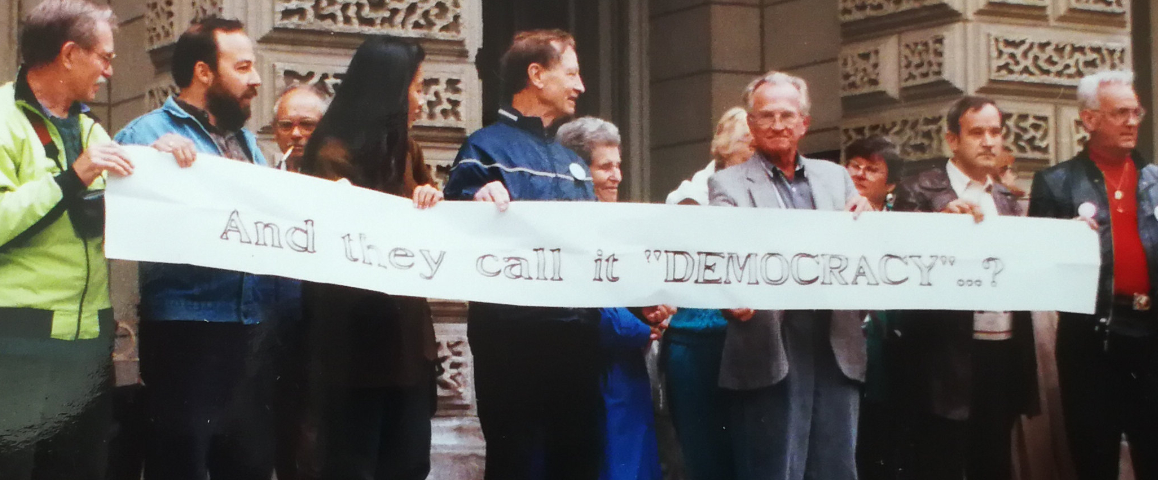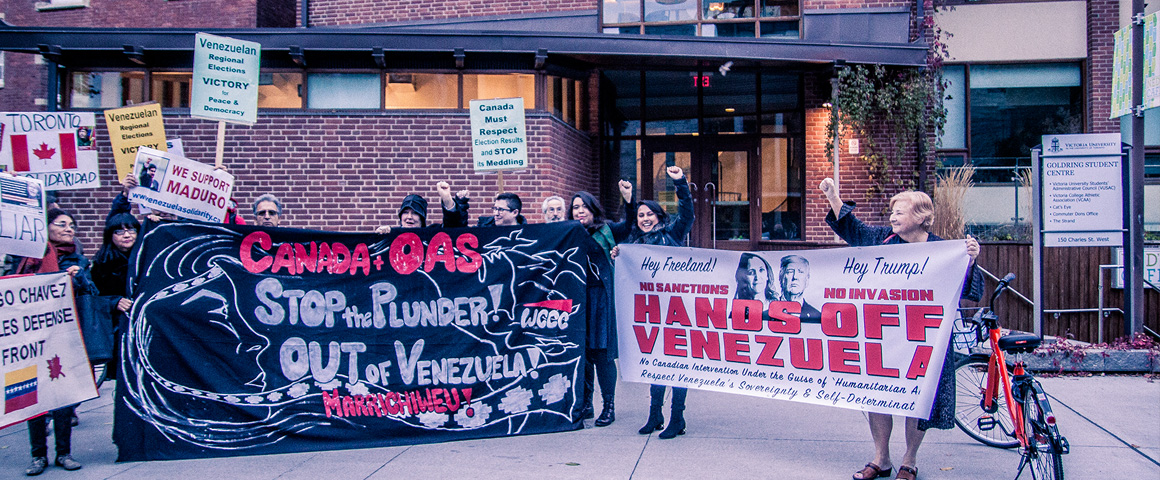Congratulations to the people of the Republic of Ireland, who voted 68% “yes” on May 26 to overturn the country’s deeply misogynist ban on access to abortions. The anti-choice 8th amendment to the Irish constitution, banning abortion except when a woman’s life is threatened by pregnancy, was adopted in 1983 under pressure from the Catholic Church. Many evaded the ban by travelling to the UK or Europe, but this was often not an option for young women or those without resources.
Meanwhile, the British imperialist enclave of Northern Ireland still maintains its own ban. UK Prime Minister Theresa May’s minority Conservative government is propped up by MPs from the ultra-right, anti-choice Democratic Unionist Party, which threatens to desert May in Parliament if she backs demands to give women in Ulster the same rights as their sisters in Britain and the Irish Republic. Even so, Poland is now the only European country which denies women control over their own bodies.
Abortion bans and restrictions remain in many countries across Africa, Latin America, and Asia. But the biggest global barrier to reproductive rights is the powerful anti-choice movement in the United States. Over 40 years after the Roe v. Wade victory in 1973, access to abortion in the US remains a patchwork, as anti-choice forces use violence and threats to shut down many reproductive health providers. US politicians have also blocked Planned Parenthood and other groups from providing assistance to pro-choice organizations overseas. Finally, remember that access to full reproductive rights in Canada is hindered by similar threats, and by the lack of providers in many communities.
Women’s rights are human rights, not an afterthought. Progress is being made towards full reproductive rights on a global scale, but still far too slowly.




